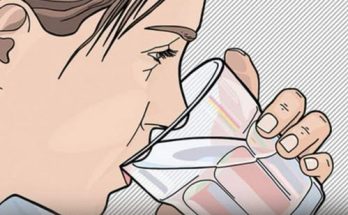The tragic deaths of Tania Clarence’s three disabled children, Max, Ben, and Olivia, shocked both the local community and the broader public earlier this year. The children, aged three and four, were found dead in their apartment, leading to a police investigation into their deaths. At the time, Tania Clarence was arrested on suspicion of murder, with reports indicating that she had been struggling with the overwhelming pressures of providing care and treatment for her children, who had complex medical needs.

Max, Ben, and Olivia had been born with a rare genetic disorder, leading to significant developmental and physical disabilities that required round-the-clock care. Tania Clarence, a mother already facing immense emotional and physical stress, reportedly had a breakdown as she struggled to cope with the burden of providing for her children’s needs. Many have pointed to the immense strain that caregivers of disabled children often face, including isolation, financial challenges, and the constant stress of managing their children’s care.
Despite the initial murder charges, authorities later decided not to pursue them, citing a range of factors, including Tania Clarence’s mental health and the complex circumstances surrounding the deaths. Officials indicated that the investigation would focus on determining whether the deaths were a result of neglect or some other form of tragic oversight rather than intentional harm. This decision led to widespread discussions about the intersections of mental health, caregiving, and the tragic outcomes that can sometimes arise from extreme stress and emotional exhaustion.
The case has brought renewed attention to the difficulties faced by families raising children with severe disabilities. Many in the community have expressed sympathy for Tania Clarence, acknowledging the heartbreaking reality that caregivers sometimes reach a breaking point, leading to tragic consequences that no one could have anticipated. However, it also raises difficult questions about support systems, access to resources for families in need, and how society can better address the mental health needs of caregivers under immense pressure.
The deaths of Max, Ben, and Olivia have left a community mourning and searching for answers, while Tania Clarence’s case continues to underscore the emotional, physical, and mental toll that caregiving can take on individuals, particularly when support systems fail to provide adequate help.

